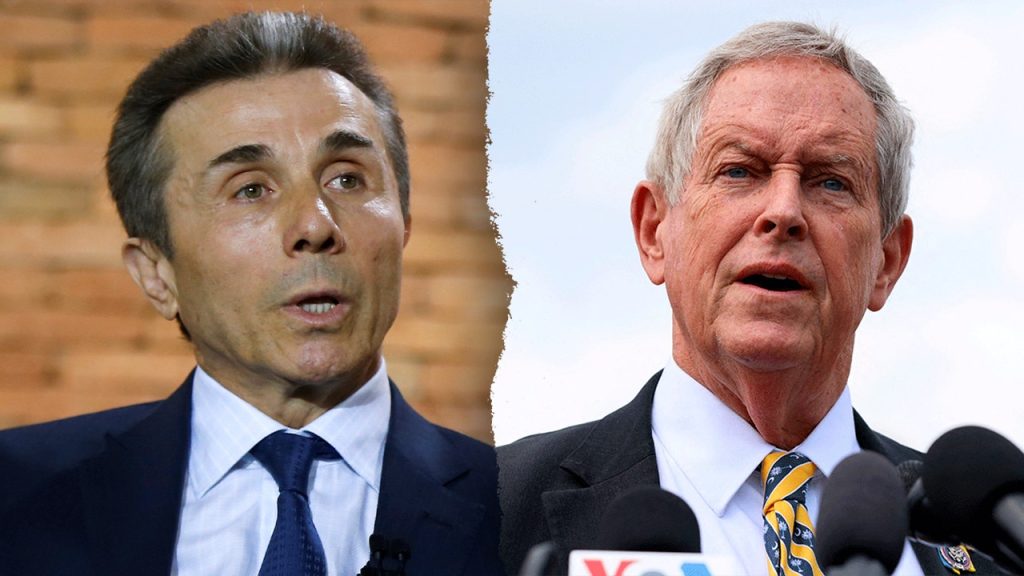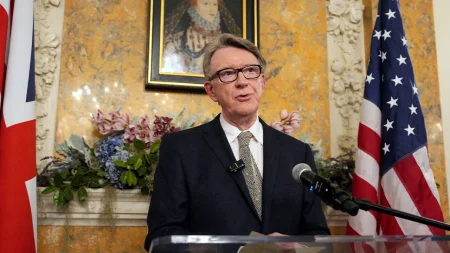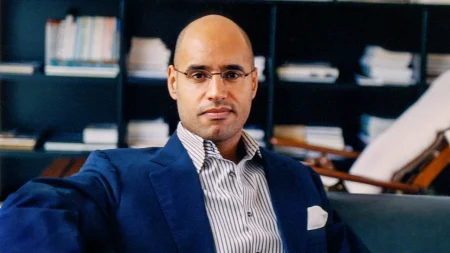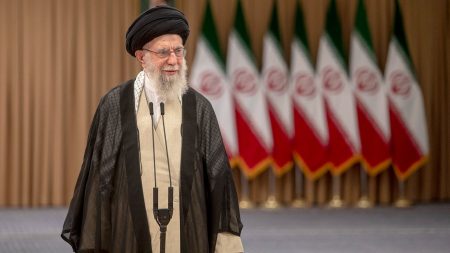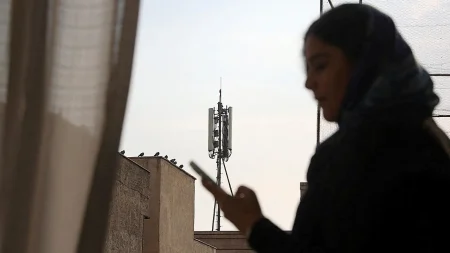Rep. Joe Wilson (R-SC) has urged the incoming Trump administration to prioritize exposing and dismantling illicit activities linked to the Georgian Dream party and its founder, Bidzina Ivanishvili. Wilson’s letter, addressed to Secretary of State nominee Marco Rubio and National Security Advisor nominee Michael Waltz, highlights Georgia’s alleged involvement in sanctions evasion schemes, scam call centers, and other illicit enterprises, which allegedly benefit Ivanishvili’s regime and contribute to Russia’s aggression in Ukraine, aided by China, North Korea, and Iran. The Congressman emphasizes the need to leverage U.S. law enforcement mechanisms to address these issues and calls for extending sanctions to Ivanishvili’s family and associates, arguing that such action would significantly weaken the “Axes of Aggressors” and support Georgia’s return to democratic governance.
Wilson’s call for action follows the U.S. Treasury’s imposition of sanctions on Ivanishvili for undermining Georgia’s democratic and Euro-Atlantic aspirations in favor of Russian interests. The sanctions, which Wilson hails as a crucial step, are part of a broader response to concerns surrounding the Georgian Dream party’s recent electoral victory, which local and international observers, including the International Republican Institute (IRI), deemed “fundamentally flawed.” The IRI has called for new elections to restore public trust in the government’s legitimacy. These concerns have been further amplified by Georgia’s decision to pause its EU accession process, sparking widespread protests across the country. Despite these calls for electoral reform, the Georgian parliament, dominated by a single party, proceeded with the inauguration of Mikheil Kavelashvili, a staunch critic of the West, as president.
The Georgian Dream party, however, has downplayed the impact of U.S. sanctions and expressed optimism about improved relations with the U.S. under the Trump administration. This expectation, according to Laura Linderman, Senior Fellow at the American Foreign Policy Council, is misguided. She argues that the Trump administration is likely to adopt an even tougher stance against countries aligned with China and Iran, and that the bipartisan congressional support for Georgia’s democratic future makes it unlikely that Trump would prioritize challenging this consensus. Linderman’s assessment suggests that Georgia’s hopes for a more favorable relationship with the U.S. under Trump are unfounded, given the administration’s anticipated hardline approach to countries aligned with U.S. adversaries.
Ivanishvili’s Georgian Dream government has increasingly shifted away from the West, forging closer ties with authoritarian regimes. This shift marks a departure from Georgia’s previous strategic partnership with the U.S. The country has formalized a partnership with China, prioritized Chinese investments over American ones, implemented a Russian-style “foreign agent” law, and suspended EU accession talks. Furthermore, Georgian Prime Minister Irakli Kobakhidze has made multiple visits to Iran this year, attending both the funeral of the late Iranian President Ebrahim Raisi and the inauguration of President Masoud Pezeshkian, whose inauguration ceremony included chants of “Death to America, Israel.” These actions underscore Georgia’s growing alignment with U.S. adversaries and raise concerns about the country’s geopolitical trajectory.
James Carafano, Senior Counselor at the Heritage Foundation, anticipates a significant shift in U.S. foreign policy under the Trump administration towards countries relying on support from Moscow and Beijing. Carafano asserts that these regimes will find that “playtime is over,” and should not expect leniency from the incoming administration. He emphasizes that if U.S. interests are at stake, as they are in Georgia, governments aligning with Moscow will likely face strong opposition from the Trump administration. This suggests a more assertive U.S. foreign policy approach, particularly towards nations perceived as aligning with U.S. rivals.
In conclusion, Rep. Wilson’s letter serves as a call to action for the incoming Trump administration to prioritize Georgia’s democratic future and counter the malign influence of Russia, China, and Iran in the region. His concerns are echoed by experts who anticipate a tougher stance from the Trump administration towards countries aligned with U.S. adversaries. The Georgian Dream’s downplaying of U.S. sanctions and their apparent miscalculation regarding the Trump administration’s likely approach underscore the complex geopolitical dynamics at play. Georgia’s increasing alignment with authoritarian regimes, coupled with its recent controversial electoral processes and domestic unrest, raise significant concerns about the country’s trajectory and its implications for U.S. interests in the region. The incoming administration’s response will be crucial in shaping the future of U.S.-Georgia relations and the broader geopolitical landscape in the region.





